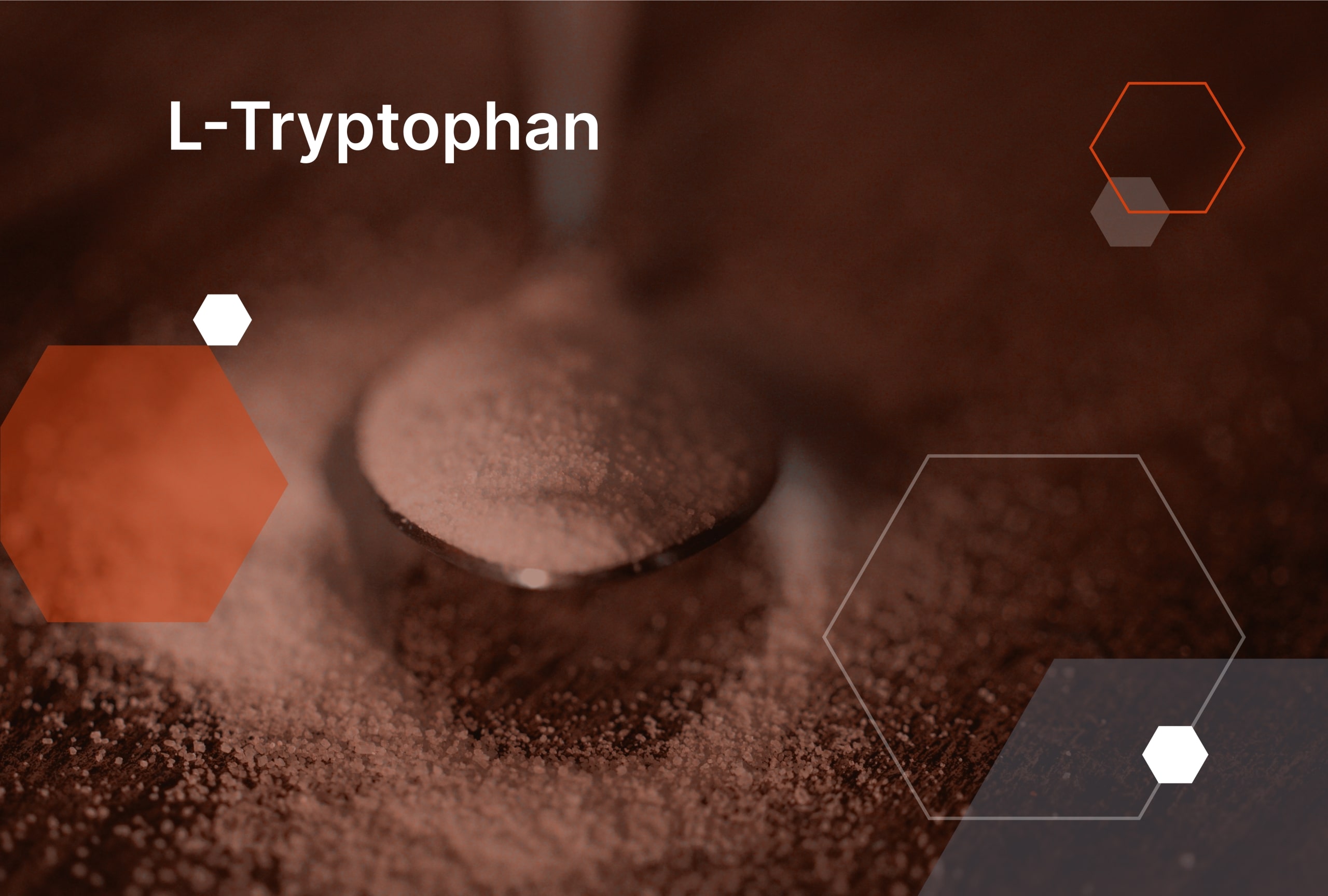Siberian ginseng

The roots from Siberian ginseng plants contain a powerful natural substance that has many uses. From lessening the effects of Alzheimer’s disease to treating insomnia to protecting the heart, Siberian ginseng is a helpful herb that is popular in many countries.
What is Siberian ginseng?
Siberian ginseng is actually not a true ginseng; it is a distant cousin with the Latin name of Eleutherococcus Senticosus (eleuthero for short), which is native to China, Siberia, Russia, and Japan. The root of eleuthero is generally dried, ground, and then encapsulated for use as a supplement. In the United States, s is illegal to market the herb as Siberian ginseng, since it is technically belonging to a different genus than true ginsengs. Eleuthero is classified as an adaptogen, which means that it helps the body to resist stress, trauma, anxiety, and fatigue. In addition, Siberian ginseng has antioxidant and anti-inflammatory properties.
Eleuthero has been used for many years in Chinese medicine, and was popularized when Russia wanted a less expensive version of ginseng to benefit its athletes. Until recent years, most studies of the effectiveness of eleuthero were conducted in Russia, but current medical interest in the herb and its benefits have resulted in research underway in many countries.
Siberian ginseng benefits
According to studies conducted on middle-aged patients, eleuthero significantly improved memory and concentration levels in comparison to a placebo. In addition, benefits of eleuthero may also include:
- Restoring mental alertness;
- Improving the functioning of the immune system;
- Increasing the body’s resistance to stress from temperature extremes, viruses, bacteria, physical exhaustion, chemicals, pollution, and noise;
- Increasing physical stamina and muscle strength in athletes;
- Lessening fatigue and increasing energy levels;
- Reducing the severity, duration, and frequency of herpes simplex virus type 2 outbreaks.
Siberian ginseng side effects
When taken in accordance with the advice of a medical professional, eleuthero has few adverse side effects. In very rare instances, a few individuals have experienced euphoria, changes in blood pressure, nosebleeds, or digestive upsets. Some individuals experienced insomnia when taking eleuthero close to bedtime, so it is advised to take it earlier in the day.
Eleuthero is not recommended for patients who take the heart medication digoxin. In addition, caution is urged when considering use of eleuthero with barbiturates and other sedatives, as adverse effects could occur.
In general, eleuthero is not recommended for use by children, or by women who are pregnant or breastfeeding. Patients with uncontrolled high blood pressure should not take eleuthero.
How does Siberian ginseng help brain function?
Eleuthero’s most beneficial substances are seven primary eleutherosides, which contain complex polysaccharides that are powerful immune and brain power enhancers. According to studies, eleuthero is effective in increasing mental acuity and boosting physical endurance, as well as improving the body’s use of oxygen. Eleuthero also stimulates the production of T-cells, especially helper cells, which maximize the functioning of the body’s immune defenses.
Curious about the brain supplements that contain Siberian ginseng? Read about them in our reviews!



